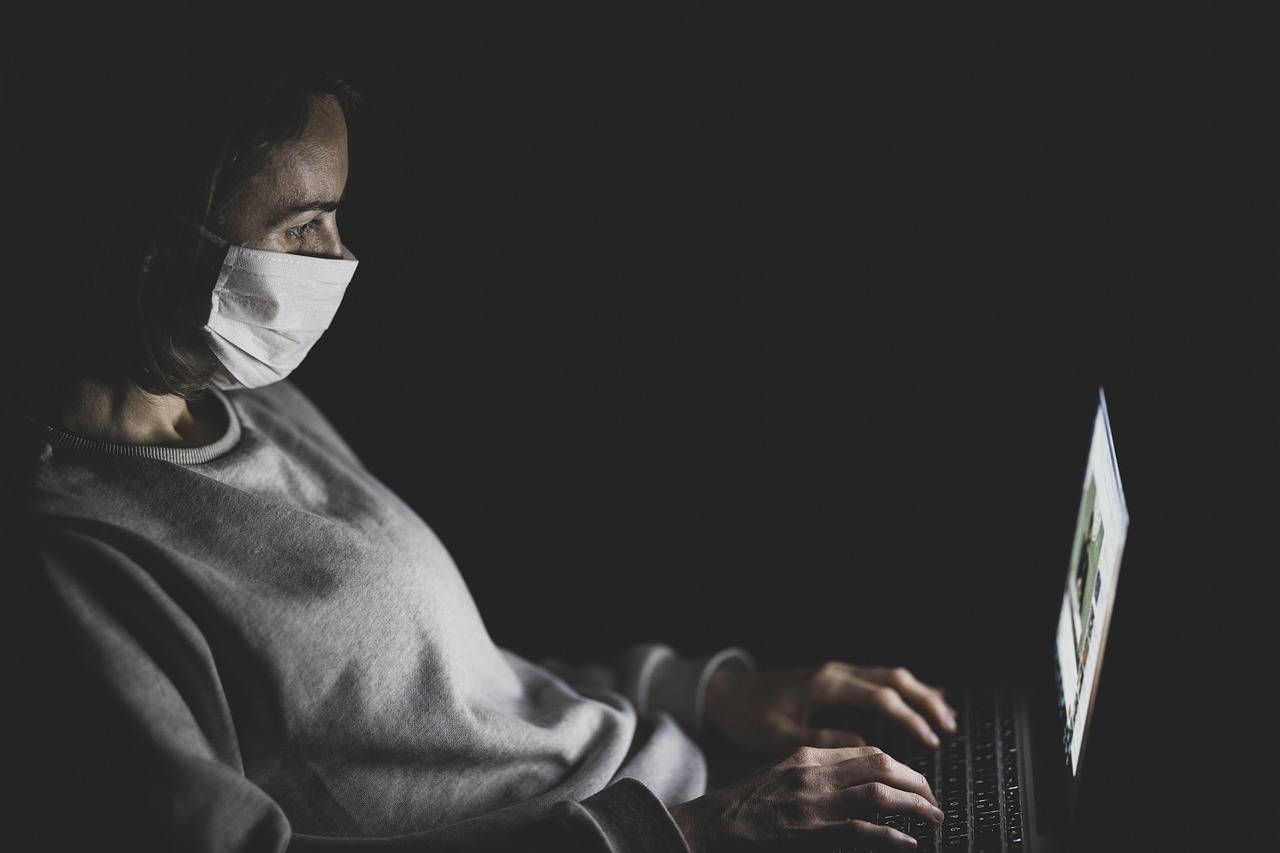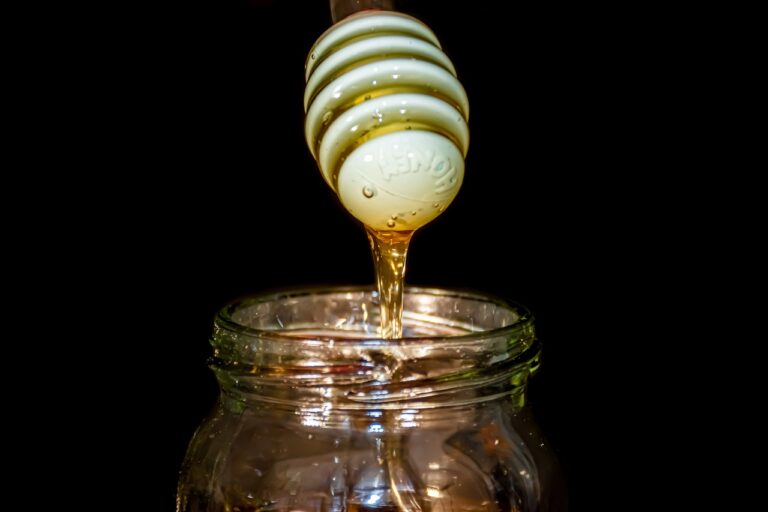The Impact of Blue Light on Sleep Quality
Blue light exposure in the evening can disrupt the body’s internal clock, known as the circadian rhythm. This disruption occurs because blue light, commonly emitted from screens and electronic devices, signals to the brain that it is still daytime, inhibiting the natural production of melatonin, the hormone responsible for promoting sleep.
As a result of this interference, individuals may experience difficulties falling asleep and achieving restorative rest. Prolonged exposure to blue light at night can lead to sleep disturbances, increased fatigue, and potential long-term impacts on overall health and well-being. It is essential for individuals to be mindful of their blue light exposure, especially before bedtime, in order to maintain a healthy sleep-wake cycle and support optimal functioning of their circadian rhythms.
How Blue Light Suppresses Melatonin Production
Blue light, emitted by electronic devices such as smartphones, tablets, and computers, has been shown to disrupt the production of melatonin in the body. Melatonin is a hormone that regulates our sleep-wake cycle, signaling to the body when it’s time to rest. Exposure to blue light in the evening can suppress the production of melatonin, making it harder to fall asleep and get a restful night’s sleep.
The blue light emitted by screens mimics the effects of natural sunlight, tricking our brain into thinking it’s daytime even when it’s actually dark outside. This can throw off our circadian rhythms, making it more difficult to wind down and prepare for sleep. As a result, many people experience difficulty falling asleep and may suffer from sleep disturbances due to prolonged exposure to blue light in the evening.
What is melatonin and why is it important?
Melatonin is a hormone that regulates sleep and wake cycles in the body. It is often referred to as the “sleep hormone” because it helps you fall asleep and stay asleep.
How does blue light affect melatonin production?
Blue light, especially from electronic devices like smartphones and computers, can suppress the production of melatonin in the body. This is because blue light mimics daylight and confuses the body into thinking it is still daytime, therefore inhibiting the release of melatonin.
How does melatonin production affect our sleep?
Melatonin production plays a crucial role in regulating our sleep-wake cycle. When melatonin levels are suppressed, it can lead to difficulty falling asleep and staying asleep, resulting in poor sleep quality.
How can we reduce the negative effects of blue light on melatonin production?
To reduce the negative effects of blue light on melatonin production, it is recommended to limit exposure to electronic devices before bedtime, use blue light filters on screens, and create a bedtime routine that does not involve screen time.
Are there any other ways to naturally boost melatonin production?
Yes, there are other ways to naturally boost melatonin production such as getting exposure to natural light during the day, maintaining a consistent sleep schedule, and creating a relaxing bedtime routine.





